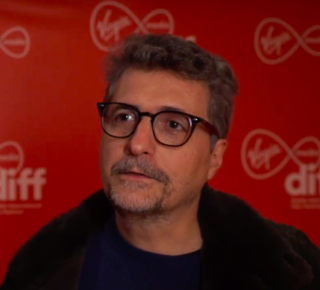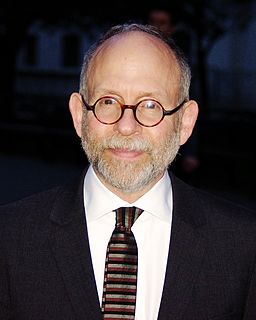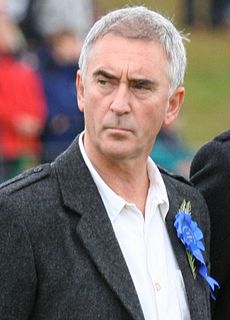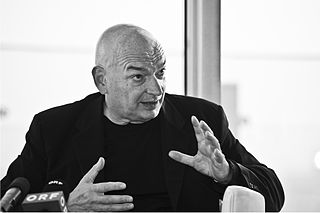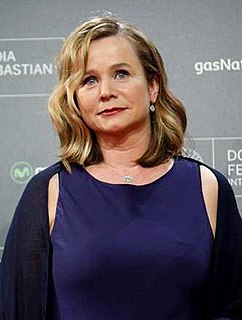A Quote by Elizabeth Diller
Aside from keeping the rain out and producing some usable space, architecture is nothing but a special-effects machine that delights and disturbs the senses.
Related Quotes
I think it modern society as a whole, but definitively in Brazil, spaces are so well divided and there are so many barriers, and so many divisions, so many lines and so many borderlines, basically telling you that you should be here but not here. This is my space and this is your space, and this is expressed very dramatically in architecture, we have a very kind of aggressive, almost medieval concept for architecture, which is basically keeping people out. So you get high walls, fences, and electric fences, and divisions like that.
It was very definitely architectural. I was using the words on the page as some kind of equivalent of a physical model. But I never thought at that point that I wanted to move toward architecture. I wanted to move toward real space. Sure, that's probably another way of saying, I want to move toward architecture. But I didn't define real space in terms of architecture, then.
With war and famine and flood and special effects films, when you do somebody under duress, you have to be really be inventive and the risk of keeping it very simple is you might loose some of the audience because it's not overt, it's hidden, not coming at you. Then you might cut through to some of this numbness and reach something profound and tragic.
If I cannot hear "The sound of rain' long before the rain falls, and then go out to some hilltop of the Spirit, as near to my God as I can and have faith to wait there with my face between my knees, though six times or sixty times I am told "There is nothing', till at last there arises a little cloud out of the sea, then I know nothing of Calvary love.
In a sense, every tool is a machine--the hammer, the ax, and the chisel. And every machine is a tool. The real distinction is between one man using a tool with his hands and producing an object that shows at every stage the direction of his will and the impression of his personality; and a machine which is producing, without the intervention of a particular man, objects of a uniformity and precision that show no individual variation and have no personal charm. The problem is to decide whether the objects of machine production can possess the essential qualities of art.
I mean, I have done scenes with animals, with owls, with bats, with cats, with special effects, with thespians, in the freezing cold, in the pouring rain, boiling hot; I've done press with every syndication, every country; I've done interviews with people dressed up as cows - there's honestly nothing that's gonna intimidate me!

